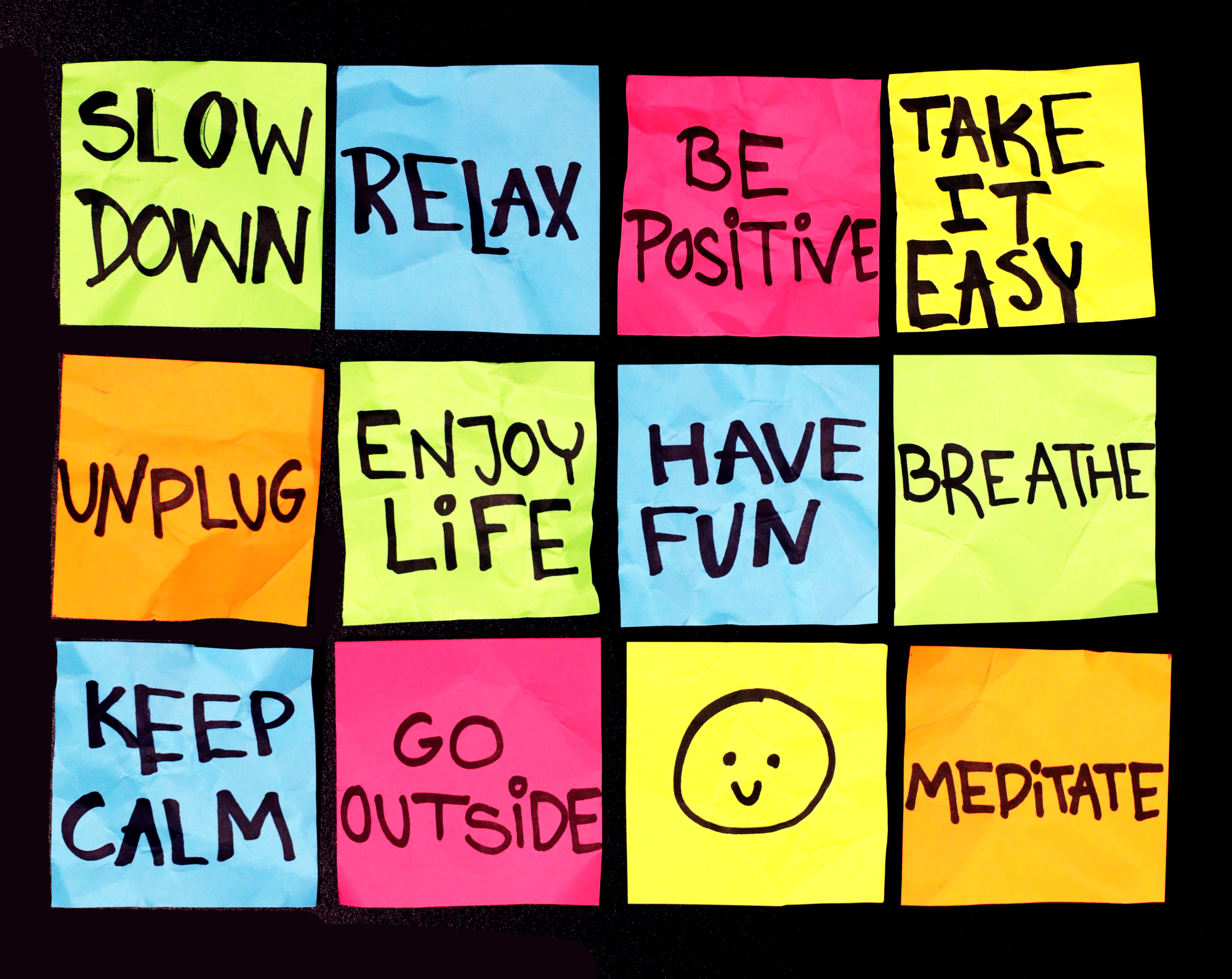Throughout my childhood, I struggled with low self-esteem—as people constantly found ways to put me down. Over time, however, I came to realize that although how others treat you does matter, it’s ultimately more important to focus on how you treat and perceive yourself. In the end, those who don’t like me or who bring negativity into my life should simply distance themselves. In the meantime, I’ve realized that the key to breaking the cycle of self-doubt and insecurity lies in how we respond to our own emotions. Everyone makes mistakes and everyone has flaws. Some are accepting of that fact and focus on their strength and learn to love themselves for who they are. Some people are not happy with the way they are and seek to improve in areas that make them insecure. In the worst case scenario, some people are frustrated with the fact that they are not perfect and beat themselves up about it, falling into the endless loop of self-hate and thinking that they are not worthy of respect. For some people, it is even worse as they feel uncomfortable seeing others have what they lack, leading them to bully those individuals. Having low self-esteem is nobody’s fault; but it leads to detrimental results.
The first thing to know about low self-esteem is what it does to us. Those with low self-esteem lack confidence about who they are and what they are capable of. Signs of low self-esteem include the following: sensitivity to fair criticism even though it is not with malicious intent, social withdrawal and being reluctant to associate with other people because of the fear of being judged, unnecessary hostility and physical symptoms such as depression, anxiety, anorexia and substance abuse. It goes beyond not being able to accept oneself and can affect others around them, such as having to deal with people who are overly hostile and refuse to accept criticism.
In the beginning of my college career, having low self-esteem made it difficult to have a normal life. Despite the open and welcoming atmosphere typical in the beginning days of college, I would struggle to initiate a conversation with others because I intentionally monitored my behavior so as not to offend others. Additionally, I was afraid of hostile reactions. I feared being judged for not putting myself out there, even in situations where it was necessary, like during group projects. I was easily affected by external stimuli, and even small setbacks that others experienced regularly were enough to bring me down. However, I eventually realized that addressing these problems was in my control.
Low self-esteem is a vicious cycle, and we are often the ones who initiate it. For example, by harboring the memory of being mistreated, some people may start to believe that they are not worthy of decent treatment. They may struggle to cut rude people off due to a fear of being alone, which leads to further self-belittlement and stress. Those who were put into many unfortunate situations are likely to refrain from challenging themselves and from fighting for something that is rightfully theirs, such as a promotion or a raise, which leads to frustration with themselves. Those lacking confidence might underperform their ability to the point that those around them may actually start to believe that they are incapable.
If a past failure is getting in the way of your self-esteem, try to investigate why the failure occurred. It could be because you were aiming for something that was too far out of reach without preparation, because of unwanted criticism that came along or competition or misfortune beyond control, not because you are worthless. You can start by combating small challenges, and use these experiences to progressively achieve bigger accomplishments. Those who cannot refrain from comparing themselves with others must come to realize that there is no right or wrong way to live life despite what others do or say. Those who have people putting them down must be able to distinguish between constructive criticism and pure hatred. They also must remember that the mature response to people they dislike is to distance themselves and focus on their own affairs.
Although it may be hard to see things straight while in an endless loop of self-hatred and poor outcomes, there is a lot of room for self-esteem improvement. People can start by switching their attention to other things, such as discovering a new hobby or shifting their negative thought patterns, being grateful for the positive traits that they do have and keeping in mind that others do not care about you as much as you think. There is nothing wrong with cutting off people you do not like and remember that hard work and dedication can make a difference in how you live your life.


